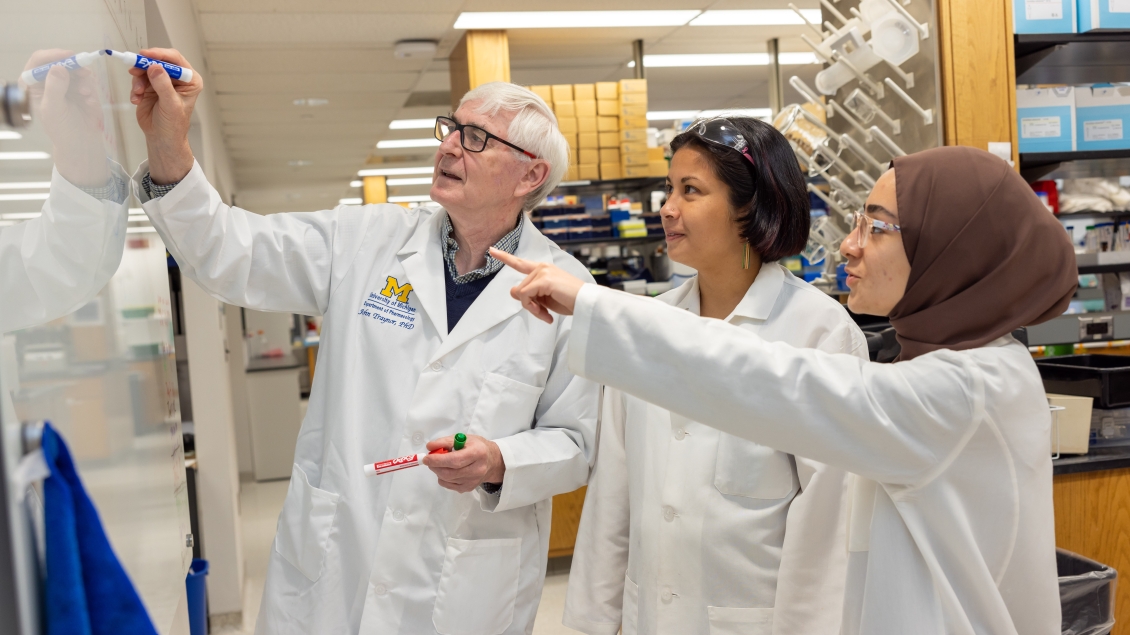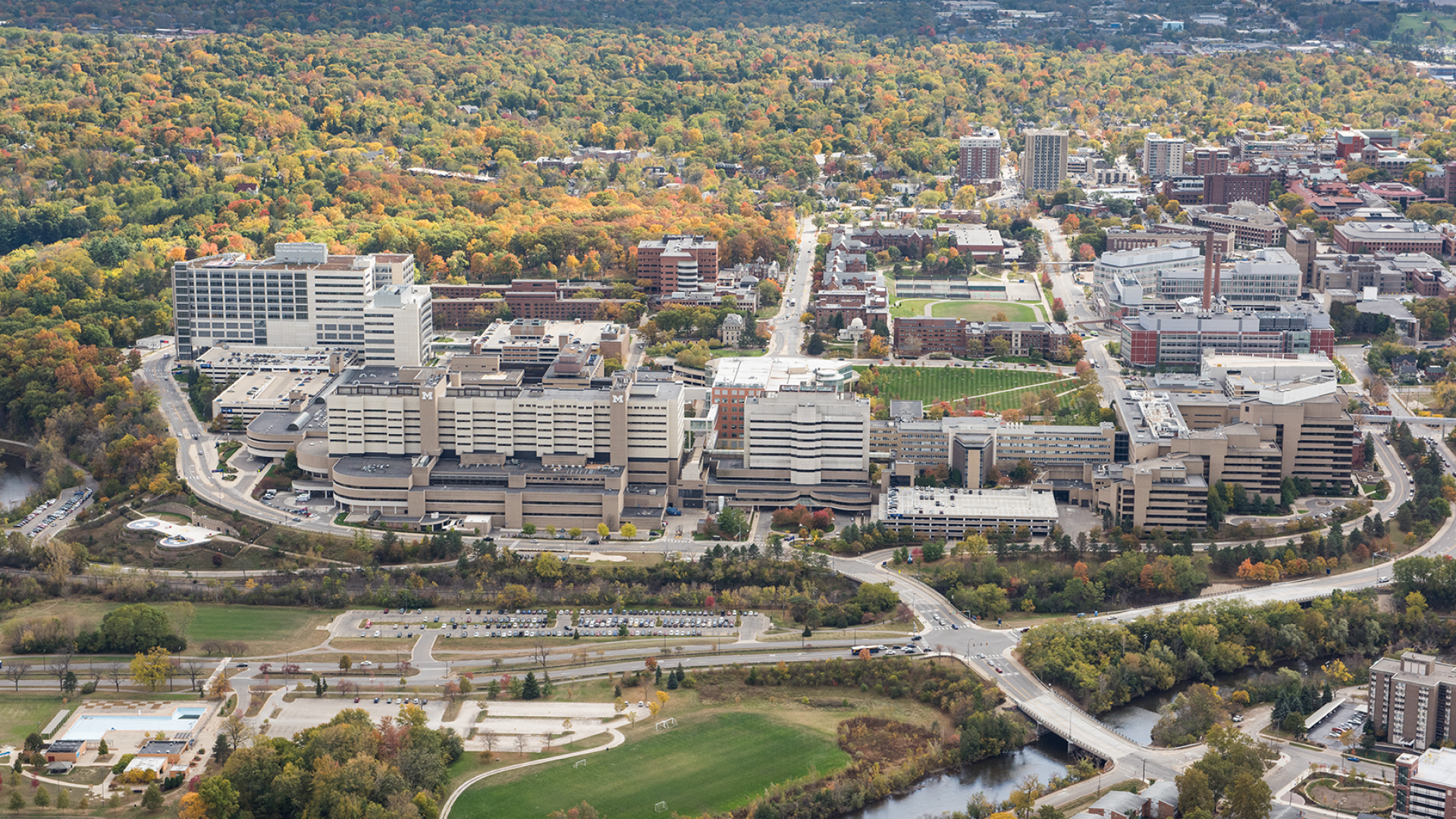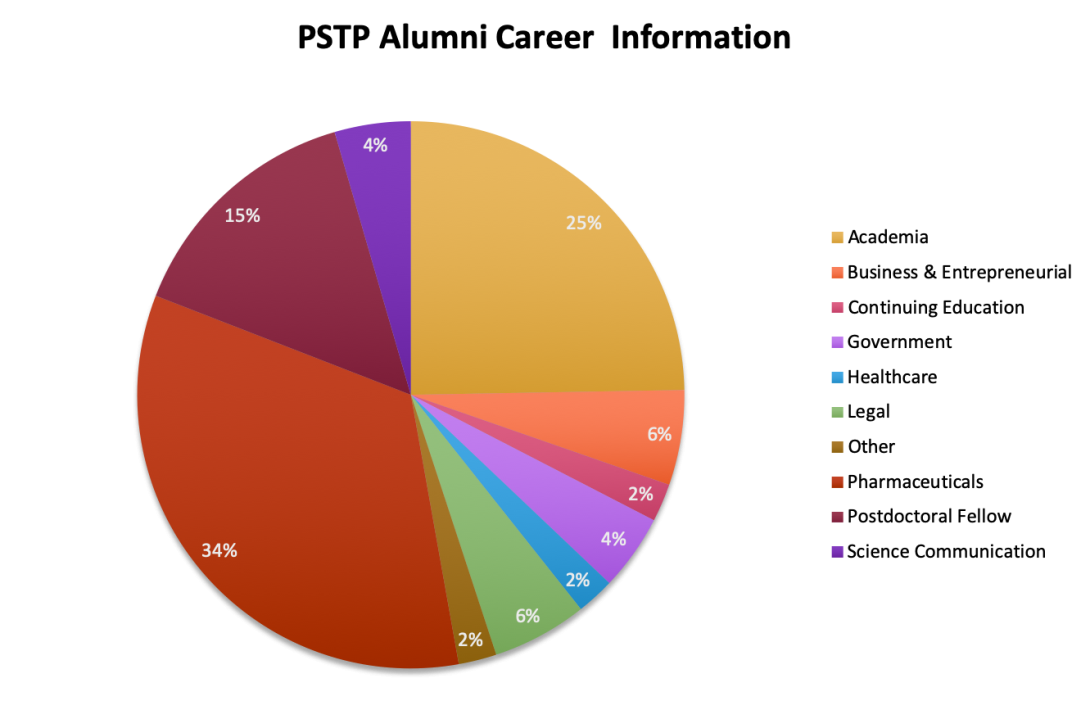
The goal of the Pharmacological Sciences Training Program (PSTP) is to ensure that its trainees are well prepared to enter diverse careers in the biomedical research workforce by providing technical, operational and professional training, along with programming and career development activities.
Extensive mentorship, career development, and leadership opportunities through PSTP increase the career satisfaction and employment of trainees.
The PSTP fosters an environment that welcomes all scientists. The program promotes and supports excellence through diversity and encourages all qualified students to pursue a nomination for the PSTP. The program believes diversity of all kinds- such as underrepresented minority (URM) groups and those with disabilities-enhances educational, personal and scientific outcomes. In the past 5 years, 30% of PSTP trainees have been underrepresented minorities.

Trainees who complete the PSTP will achieved the following outcomes:
- Understand scientific principles and the scientific method
- Understand fundamental concepts in pharmacological sciences, including pharmacology, medicinal chemistry, pharmaceutical therapeutics, and drug discovery/development
- In a rigorous and reproducible manner, be able to design, perform, and critique hypothesis-driven research that applies concepts in the pharmacological sciences (e.g., pharmacokinetics, pharmacodynamics, medicinal chemistry principles, drug design and discovery) using advanced decision-making and creative problem-solving skills
- Be able to work effectively and collegially in collaborative and team science projects
- Be able to identify and have a thorough understanding of concepts related to the responsible conduct of research
- Be able to effectively communicate scientific concepts, interpret data from the literature, accurately and objectively report new findings, and propose hypotheses to a broad range of audiences
- Be comfortable exploring different career paths, applying skills in a variety of careers, stepping up to lead, and conducting themselves with maturity and integrity in all professional endeavors
Upon successful completion of their degree and PSTP requirements, Pharmacological Sciences Training Program alumni transition into careers in the biomedical workforce in a wide range of capacities. Their careers span many areas and sectors, such as academia, consulting, healthcare, law, and science communication.
All PSTP graduates in the past 5 years have successfully transitioned into the workforce. To learn more about where students go after graduation, see the Rackham Graduate School Program Statistics for Pharmacology, Biological Chemistry, Medicinal Chemistry, and Pharmaceutical Sciences. To see what our most recent PSTP graduates are doing, check out our Alumni information.

Trainees who enter the PSTP must make a commitment to complete all of the requirements of the PSTP prior to graduation, including making a substantive contribution to a primary research article that results in new knowledge and that has been submitted, preferably accepted, for publication. While a first author publication is not required by the Departments, it is now strongly encouraged by the PSTP.